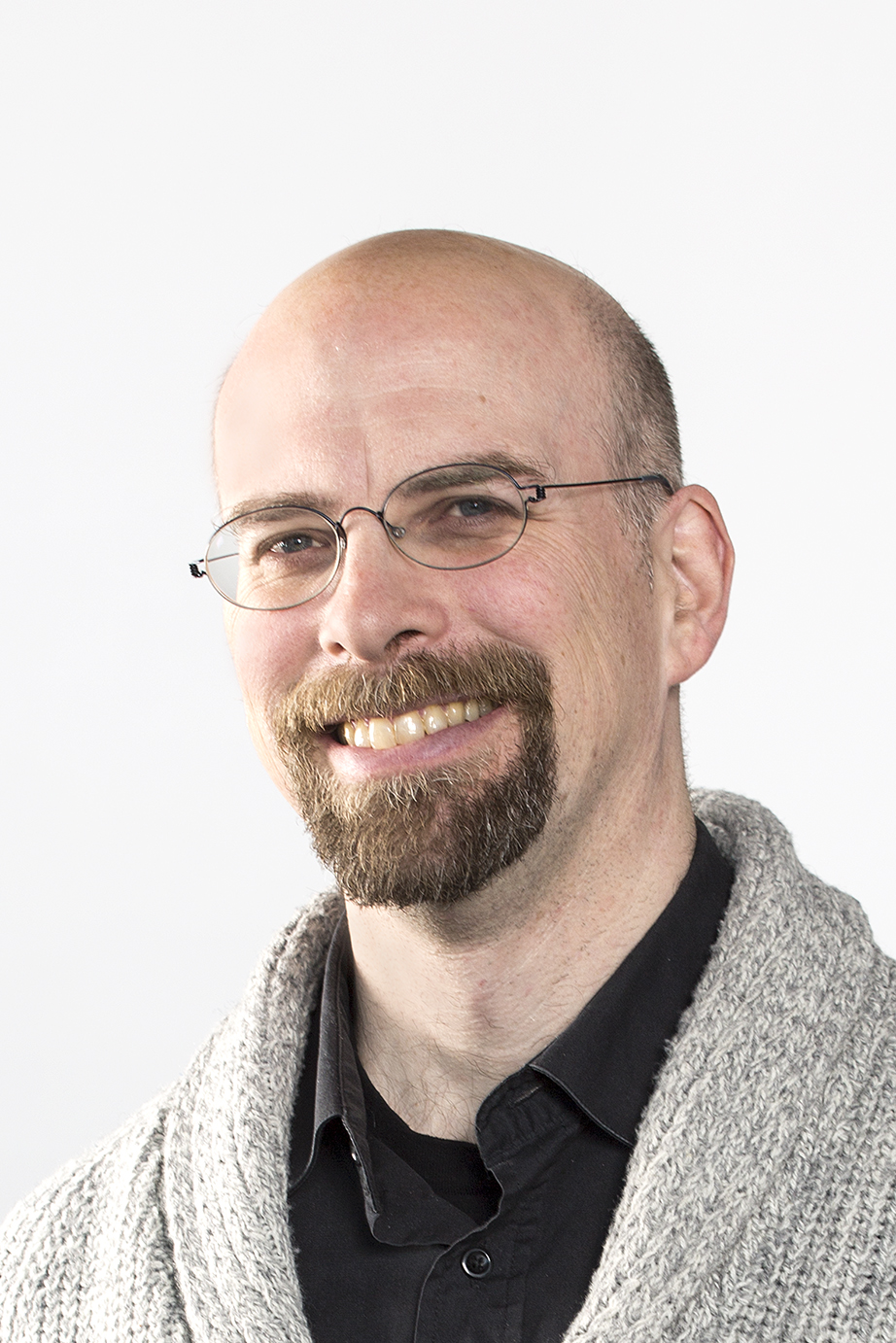Alexander (Alec) Badenoch is the Beeld en Geluid Endowed Professor of Transnational Media at the VU Amsterdam. He is Principle Investigator on the JPI-CH project "Polyvocal Interpretations of Contested Colonial Heritage" and member of the NWA Route Kunst small project "Artists' Community Knowledge (ACKnowledge)". He is also Assistant Professor in Media and Cultural studies at the University of Utrecht where he was the leading researcher on the HERA-project “ Transnational Radio Encounters (TRE)” 2013-2016 and part of the NWA-route VWData project "Capturing Bias" led by Prof. Lora Aroyo (2017-8).
Prior to his current appointments, he was postdoc scientific secretary on the Labex "Ecrire une nouvelle Histoire de l'Europe (EHNE)" and Paris IV-Sorbonne (2013), postdoc for the Stichting Historie der Techniek, as chief editor of the Inventing Europe Digital Museum (www.inventingeurope.eu) (2010-2012), and postdoc on the NWO-Vici project "Transnational Infrastructures and the Rise of Contemporary Europe" (2004-2007) under Professor Johan Schot at the TU Eindhoven.
He has a BA from the University of the South (1993), an MA in Social Science from the University of Chicago (1995) and a PhD in Modern Languages from the University of Southampton (2004).
He is author of Voices in Ruins: West German Radio across the 1945 Divide (winner,2007-8 IAMHIST Prize), and most recently co-editor with Golo Föllmer of Transnationalizing Radio Research: New Approaches to an old Medium. He is board memeber and former president of the Studienkreis Rundfunk und Geschichte (German broadcasting History Society) and co-founder of the Women’s Radio in Europe (WREN) and Transmitting and Receiving Europe (TRANS) research networks. His research covers a range of topics in 20th Century national (German) and transnational history, and draws on disciplines ranging from media and cultural studies, cultural geography, gender studies, and history of technology.
The aim of the Chair “Transnational Media” is to develop research and teaching focussed on the transnational flows of people, programmes, technologies and ideas through and beyond broadcast media, both in European and trans-European contexts, and analyses the processes of harmonization, translation and conflict that arise through such flows. Focus areas include transnational networks of media professionals, such as producers, engineers or archivists and how professional knowledge, cultures of practice, institutional relationships are developed, harmonize and/or contested in transnational settings. A further area is the circulation of broadcast content, such as popular music, and how it is adapted, framed, and presented in local, national and transnational media spheres. Its approach is explicitly trans-medial, both in its research focus on flows between and beyond media institutions, as wellas its methodological approach that draws together audio, visual, material and textual sources from various digital heritage collections. As such, it explores how to make links between media archives and other collections such as science and technology collections, specialized regional or thematic archives, as well as via large-scale aggregators such as EUscreenXL and Europeana, in which the Netherlands Institute for Sound and Vision is an important partner. In approaching these issues, it makes use of a range of digital methods and tools, which can include linked open data, digital mapping, social network analysis, automated metadata enrichment to explore the problems and possibilities of linking digital heritage over borders.
